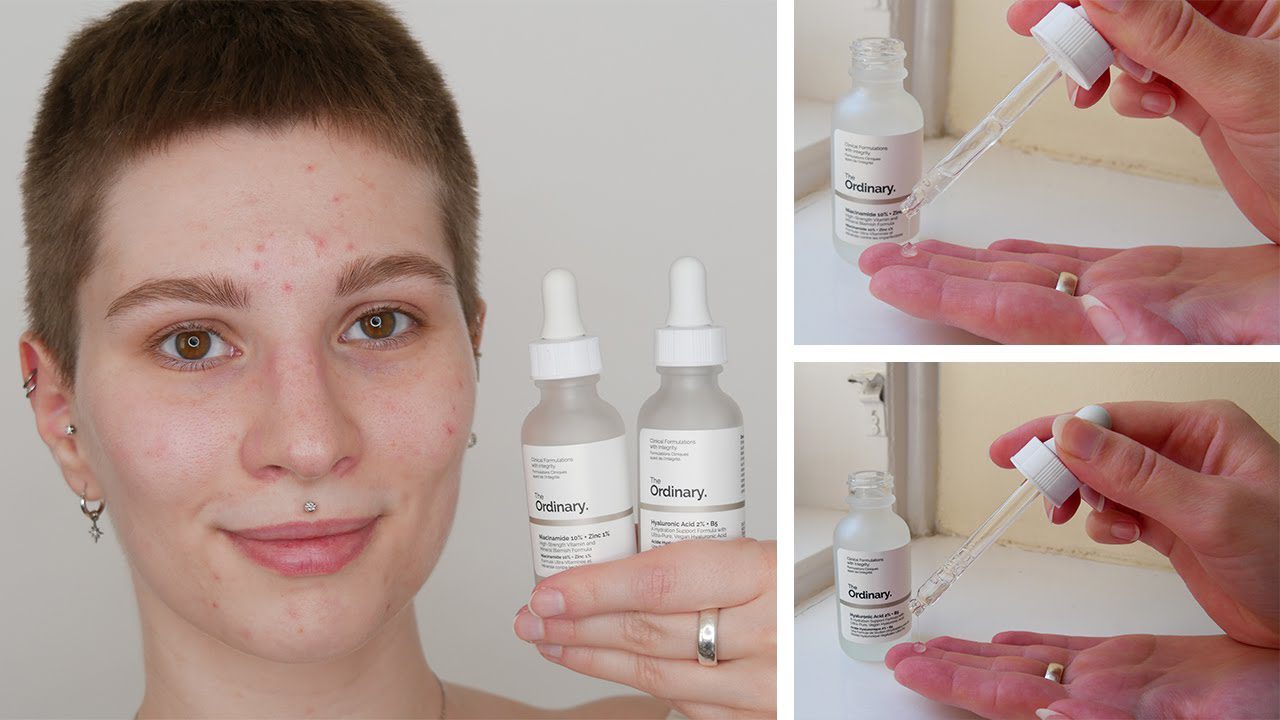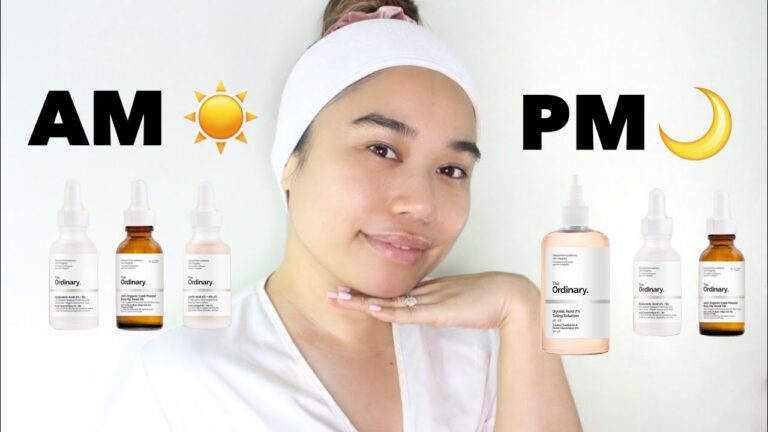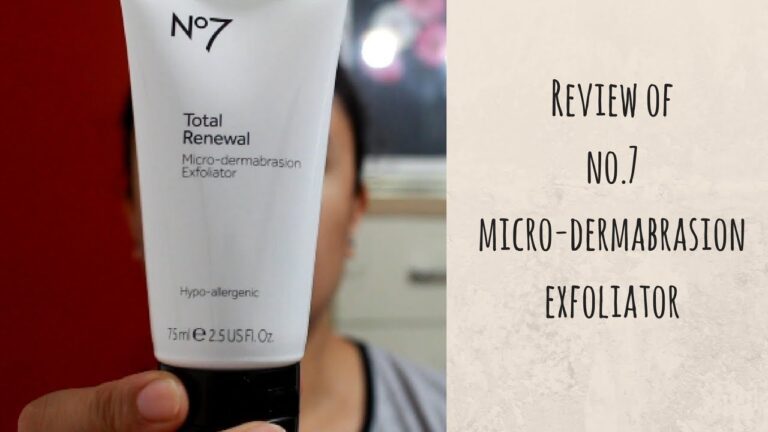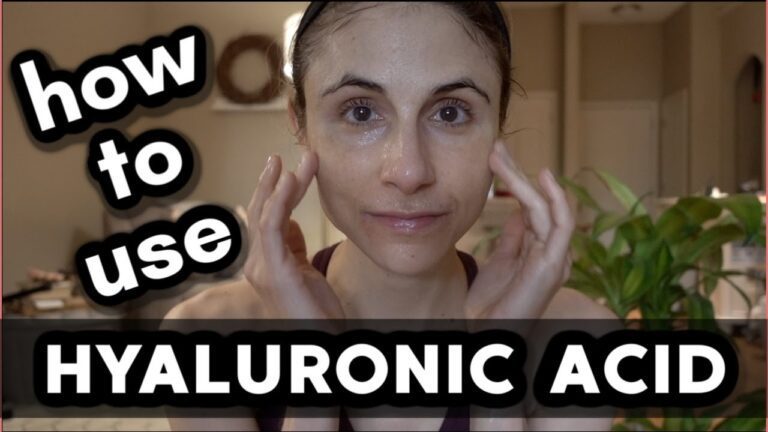The Ultimate Guide to Hyaluronic Acid and Niacinamide – Benefits, Uses, and Differences Explained
Are you familiar with the skincare ingredients hyaluronic acid and niacinamide? If not, you are missing out on two of the most popular and effective ingredients in the skincare world.
Hyaluronic acid is a molecule found naturally in our skin that can hold up to 1000 times its weight in water. It is known for its ability to hydrate and plump the skin, reducing the appearance of fine lines and wrinkles. Niacinamide, also known as vitamin B3, is a versatile ingredient that can help with many skin concerns, including reducing inflammation, brightening the complexion, and regulating oil production.
The Benefits of Hyaluronic Acid
If you are looking for a powerful hydrator, hyaluronic acid should be at the top of your list. Not only does it provide an immediate boost of hydration to the skin, but it also supports the skin’s natural moisture barrier, keeping it healthy and hydrated over time. Hyaluronic acid can be found in many different forms, including serums, moisturizers, and sheet masks. One of my personal favorites is the Hydrating Serum from Neutrogena, which contains 17% hyaluronic acid and is lightweight enough to use under makeup.
The Benefits of Niacinamide
In addition to its hydrating properties, niacinamide is a great all-around ingredient for improving skin health. It has anti-inflammatory properties that can help calm down redness and irritation, making it perfect for those with sensitive skin. It can also brighten the complexion, fading dark spots and reducing the appearance of hyperpigmentation. One great product that contains niacinamide is the CeraVe PM Facial Moisturizing Lotion, which is also formulated with hyaluronic acid for enhanced hydration.
How to Incorporate Hyaluronic Acid and Niacinamide into Your Skincare Routine
The great thing about hyaluronic acid and niacinamide is that they can be used together or separately, depending on your skin’s needs. If you are looking for a hydrating boost, try using a hyaluronic acid serum before applying your moisturizer. Alternatively, if you are dealing with inflammation or hyperpigmentation, try incorporating a niacinamide serum into your routine. You can also find products that contain both hyaluronic acid and niacinamide, like the La Roche-Posay Toleriane Double Repair Moisturizer.
Conclusion
Overall, hyaluronic acid and niacinamide are two incredibly effective ingredients that should be a part of everyone’s skincare routine. Whether you are dealing with dryness, inflammation, or hyperpigmentation, these ingredients can help improve the overall health and appearance of your skin. Try incorporating them into your routine and see the difference for yourself!
- Hydrating Serum from Neutrogena
- CeraVe PM Facial Moisturizing Lotion
- La Roche-Posay Toleriane Double Repair Moisturizer
Contents
Most searched products:
Does Sephora Support Israel? Answering Your Questions
The Ultimate Guide to Azealic Acid: Benefits, Uses, and Side Effects
Discover the Benefits of The Ordinary Botox for Your Skin
How Long Does Glycolic Acid Take to Show Results: Your Ultimate Guide
The Perfect Order: When to Use Retinol and Niacinamide in Your Skincare Routine
Say Goodbye to B.O with Glycolic Acid Deodorant: The Secret to Long-Lasting Freshness
The Ultimate Reviews of The Ordinary Peeling Solution
Unlock Glowing Skin with These Ordinary Exfoliation Techniques
Unleashing Honest UKLash Reviews: The Real Truth Exposed
Lipophilic: Understanding the Importance and Properties of Lipophilic Molecules














